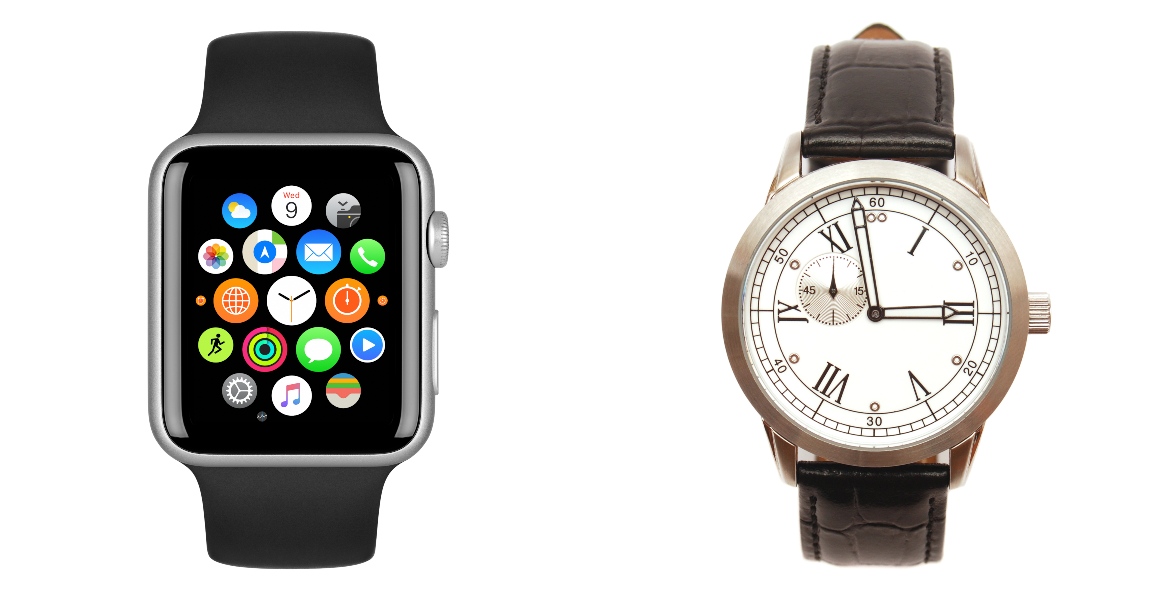As technology continues to evolve at a rapid pace, smartwatches have become a game-changer, offering much more than just timekeeping. With features like fitness tracking, notifications, and even the ability to make calls, they’re becoming increasingly popular. But with all this innovation, a question arises: will smartwatches eventually replace traditional watches?
The Timeless Appeal of Traditional Watches
Traditional watches have been around for centuries and are treasured not just for their function but for their craftsmanship, elegance, and personal meaning. While smartwatches are often seen as tech gadgets, traditional watches are viewed as works of art, family heirlooms, and even status symbols.
Craftsmanship and Design: Traditional watches are known for their exquisite craftsmanship. Many luxury watches are handmade, with incredible attention to detail, making each one a masterpiece. They’re often made from precious materials and feature intricate designs, making them more than just a tool to tell time—they’re a way to make a statement.
Longevity and Reliability: Unlike smartwatches, traditional watches, especially mechanical ones, are built to last. They don’t need software updates or regular charging. With proper care, they can last for generations, making them valuable both financially and sentimentally.
Investment Value: High-end traditional watches can increase in value over time, making them a good investment. Collectors often seek out rare models, which drives up demand and prices. This is in stark contrast to smartwatches, which tend to lose value as new models are released.
The Rise of Smartwatches
Smartwatches have quickly become popular, blending technology with fashion to create devices that do far more than just tell time. They’re designed for the modern lifestyle, offering a wide range of features.
Multiple Functions: Think of a smartwatch as a mini-computer on your wrist. It can track your fitness, monitor your health, send notifications, and even make calls. For those with active lifestyles, these features make smartwatches a must-have.
Connectivity: One of the biggest advantages of smartwatches is their ability to keep you connected. Whether it’s receiving a call or checking a message, these devices sync seamlessly with your smartphone, offering a level of convenience that traditional watches just can’t match.
Customization and Innovation: Smartwatches also allow for a high degree of customization. You can change watch faces, swap out bands, and download apps to make the watch truly yours. Plus, as technology continues to advance, smartwatches are constantly improving, with new features and better performance in each new model.
Will Smartwatches Replace Traditional Watches?
Smartwatches probably won’t ever fully replace traditional watches. The two types of timepieces serve different purposes and appeal to different people, so they both have a place in today’s world.
Coexistence: It’s more likely that smartwatches and traditional watches will continue to coexist. Many people use smartwatches for their practical features in daily life, while traditional watches are saved for special occasions or as cherished keepsakes. The timeless elegance and craftsmanship of traditional watches are things that smartwatches, despite all their technology, can’t replicate.
Hybrid Models: We’re already seeing watches that combine the best of both worlds. These hybrid models offer the elegance of traditional watches with the functionality of smart technology, appealing to those who want both style and modern convenience.
Different Market Segments: The markets for smartwatches and traditional watches are quite distinct. While younger, tech-savvy consumers might lean towards smartwatches, traditional watches remain popular among collectors, luxury buyers, and those who appreciate the artistry of watchmaking.
Conclusion
In the end, while smartwatches have certainly shaken up the watch industry, they’re not completely replace traditional watches. Instead, we’ll likely see both types of watches continue to exist side by side. Traditional watches will always be valued for their craftsmanship, durability, and emotional significance, while smartwatches will thrive in a world driven by technology and connectivity.

